Dietary Fat: Friend or Foe?
The answer is twofold, inasmuch as the right amount of healthy fats are absolutely the body’s friend because it needs it to function normally and unhealthy fats are the body’s foe because they put it at risk for many chronic diseases and other negative health related issues.
Recently, the Harvard School of Public Health Update headline read “Forty years of low-fat diets have been a ‘failed experiment”, see link to article below.
The main point of the article was that it’s more important to consume healthy fats within normal limits rather than completely avoiding fat and, as has been done over the last few decades, replacing the removed fat with refined carbohydrates and additional sugar. This is because consuming excessive amounts of refined carbohydrates and sugars in our daily diet drastically raises the risk of obesity, cardiovascular disease, metabolic syndrome, type 2 diabetes, and much more.
Fat’s Primary Functions
- Absorb and carry fat-soluble vitamins A, D, E, and K
- Assist in the absorption of carotenoids
- Serves as a source of stored energy, when needed
- Assists in production of bile and hormones
- Insulates organs
- Regulates blood pressure, blood clotting, and lipids
- Maintains healthy skin
- Regulate the immune response
- Provides insulation to stop heat loss
Fats Defined:
- Fats are large molecules, known as lipids
- Fats are made up of glycerol and fatty acids
- Fat is one of the macronutrients in the human diet
- Fat is 9 calories per gram, carbohydrate and protein each have 4 calories per gram
- Dietary fat is the fat found in the foods humans consume
Fatty Acids:
Fatty acids (FAs) are long chains of carbon that have hydrogen molecules attached (bonded) to each carbon. If there are missing hydrogen molecules, the carbons then bond to each other to form a carbon double bond.
Triglycerides (TGs):
- Comprised of one molecule of glycerol and three (tri) FAs
- TGs are the main form of fat found in foods
- When the body metabolizes (breaks down) dietary fat, fatty acids are separated out and used within the body to make or convert other things such as some polyunsaturated FAs
The many different types of FAs are separated into three groups, which are based on how many missing hydrogen molecules each FA has:
SFA - Saturated Fatty Acid
- Increase risk of inflammation, cancer, heart disease, stroke, diabetes, and more
- Raises unhealthy cholesterol (LDL)
- Is not missing any hydrogen molecules, so fully saturated with hydrogen
- Most are solid at room temperature e.g. bacon grease, butter
- Exception, although fully saturated, palm oil, palm kernel oil, coco butter, and coconut oil are not solid at room temperature.
- Food sources: meats, poultry with skin, whole and 2% milk products, butter, cream, full-fat cheese, lard, lamb, fatty (non-lean) beef, pork, and some tropical oils (see above)
MUFA - Monounsaturated Fatty Acid (Oleic Acid)
- Increase good cholesterol (HDL) and vitamin E intake
- Lower bad cholesterol (LDL), risk of heart disease, and stroke
- Has one missing hydrogen causing one double carbon bond
- Liquid at room temperature but solid or semi-solid when refrigerated e.g. olive oil
- Food sources: olives, olive oil, many nuts, peanuts and peanut oil, avocados, many seeds, safflower oil, sesame oil
PUFA - Polyunsaturated Fatty Acid (Linoleic Acid)
- Reduce bad cholesterol (LDL)
- Lower risk of heart disease, stroke, and some cancers
- Provide vitamin E
- Provide omega-3 and omega-6 fatty acids
- Has two or more missing hydrogens causing multiple double bonds
- Liquid at room temperature and when refrigerated e.g. sesame or sunflower oil
- Food sources: fatty fish, sunflower oil, soybean oil, corn oil, and sesame oil, walnuts, pecans, tofu, flaxseed, soybeans
EFA - Essential Fatty Acid
- Polyunsaturated FAs known as Omega-6: Linoleic acid and Omega-3: Linolenic acid
- Essential because the body cannot make them but requires them, so they must be eaten
- Food sources: flaxseed, canola oil, soybean oil, flaxseed oil, walnuts, salmon, albacore tuna, mackerel, sardines, eggs labeled as higher omega-3 via feed or added
TFA - Trans Fatty Acid – (man-made TFA, not naturally occurring)
- Created by food industry by adding hydrogen to all carbons to form fully saturated solid fats
- Dangerous because TFAs lower healthy HDL cholesterol and raises unhealthy LDL cholesterol, which increases the risk for heart disease, stroke, and type 2 diabetes.
- Buyer beware because, unfortunately, any serving of food that has 0.5 grams or less of TFA can, by FDA standards, be labeled as containing 0 grams of trans fat.
- Read all food product ingredients lists to find the TFA identifying words of Hydrogenated or Partially-hydrogenated oils
- Food sources: Mainly found in processed foods such as shortening, doughnuts, cakes, pie crusts, biscuits, frozen pizza, cookies, nondairy creamers, microwave popcorn, crackers, some stick margarines, some butter or margarine substitute spreads, many fried restaurant foods
Found at American Heart Association http://www.heart.org/idc/groups/heart-public/@wcm/@fc/documents/downloadable/ucm_469423.pdf
How Much Fat and What Types Do We Need?
- The 2015-2020 Dietary Guidelines for Americans (DGA) does not promote following a low-fat diet but recommends the following:
- Adults 19 years and older should consume 20-35% of their total daily calories from fat
- Saturated fat, for both children and adults, should only make up 10% or less of total daily calories
- To lower your health risks, use as many MUFAs and PUFAs as possible to make up your recommended daily fat intake rather than using saturated fat sources
Go to this link to calculate both your daily fat and saturated fat recommendations: http://www.mayoclinic.org/healthy-lifestyle/nutrition-and-healthy-eating/expert-answers/fat-grams/faq-20058496
Great Resources:
AHA (American Heart Association) FACE THE FATS QUIZ http://www.heart.org/HEARTORG/quizTemplate.jsp?pid=ahaweb.quiz.quizintro&quizId=600004
AHA FACE THE FATS QUIZ II http://www.heart.org/HEARTORG/quizTemplate.jsp?pid=ahaweb.quiz.quizintro&quizId=600007
Harvard School of Public Health Update article: https://www.hsph.harvard.edu/news/hsph-in-the-news/low-fat-diets-failed-experiment/?utm_source=SilverpopMailing&utm_medium=email&utm_campaign=Update%2010.14.2016%20(1)&utm_content=
MyPlate All About Oils: https://www.choosemyplate.gov/oils
MyPlate What Are Solid Fats: https://www.choosemyplate.gov/what-are-solid-fats
Harvard School of Public Health Fats and Cholesterol: https://www.hsph.harvard.edu/nutritionsource/what-should-you-eat/fats-and-cholesterol/
FDA Trans Fat Nutrition Label Information: http://www.fda.gov/Food/IngredientsPackagingLabeling/LabelingNutrition/ucm274590.htm



